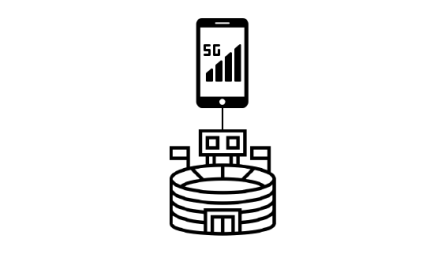Let’s get a bit more personal, I must admit I am not a wanna be “influencer” , I am bit shy to post my personal feelings online however today let’s get real about the Motherhood Penalty. I am 28 years old and I just got married, naturally I’ve been getting the questions “ when will you have kids?” or more direct questions like “ how many kids do you want?” . To be honest I was not one of those little girls dreaming of becoming a mom , but recently it has been on my mind. Do I want kids? What are the costs of childcare annually? …. But the real question on my mind is how can continue my career? How can move up on the corporate ladder?
Why are women with children constantly passed up for promotions or high profile projects/accounts? How can we level the playing field for working mothers? Why in 2020 is their hesisitation for women to feel scared to tell employers about thier desire to start a family? The Motherhood penalty is a penalty that is applied to women after they return to the workforce which leads to a decrease in salary after the 1st child and continues for each child. It also leads to discrimination when it comes to high profile project and promotions. The Motherhood penalty contributes to gender wage gap and we need to address it as organizations and employees.
A study from the American Journal of Sociology found the key areas where working mothers were discriminated against.
- For women, competency ratings were 10% lower for mothers compared to non-mothers among otherwise equal candidates.
- Mothers were considered to be 12.1 percentage points less committed to their jobs than non-mothers while fathers were perceived as being 5 percentage points more committed than non-fathers. Compared to childless men, mothers were rated 6.4 percentage points lower with regard to commitment than childless men.
- Mothers were recommended a 7.9% lower starting salary than non-mothers ($139,000 compared to $151,000, respectively), which is 8.6% lower than the recommended starting salary for fathers. Among men, the trend is reversed, and fathers were offered a significantly higher starting salary than childless men ($152,000 compared to $148,000, respectively).
I hope I’ve opened up your eyes the problem facing mothers , but to learn a bit more , I recommend you watch this quick and informative video:
https://www.youtube.com/watch?v=hP8dLUxBfsU
Thanks for reading!
Nisha
Sources:
https://gap.hks.harvard.edu/getting-job-there-motherhood-penalty
https://www.forbes.com/sites/shelleyzalis/2019/02/22/the-motherhood-penalty-why-were-losing-our-best-talent-to-caregiving/



Thanks for opening up this topic and sharing your personal story Nisha! It always makes me think as I can definitely relate to this topic. To be honest it is a bit scary when it comes to having babies because you know that the social system is not entirely ready for you to become a mother.
In my opinion, “equal” is widely misunderstood, including women. I think what society should do it making our payment and opportunities equal by considering the nature of gender; women are the only ones who can give birth and it’s just what it is. So society should take into account that female workers in a way have some disadvantages such as pregnancy or menstrual cycles when it comes to dedicating themselves in their work-life compare to male workers.
This is such an important topic, thank you for sharing your insights with us. Many friends of mine are asking themselves just those questions – it’s frustrating how in today’s society there doesn’t seem to be any good solution for working moms.
The way I see it there are three ways that all don’t really work:
1. You quit your job and become a full time mom but then potentially sacrifice your career forever.
2. You don’t have a baby at all and focus on your career.
or 3. You try to have both and get penalized on all ends (and will likely hand your salary directly to child care).
It makes me sad that young women have to face such difficult decisions without the support of their employers, especially in a country like Switzerland, where child care is still not really subsidized and most employers don’t have in-office day care centers.
Side note: Are you watching Working Moms on Netflix? I can highly recommend it. 🙂